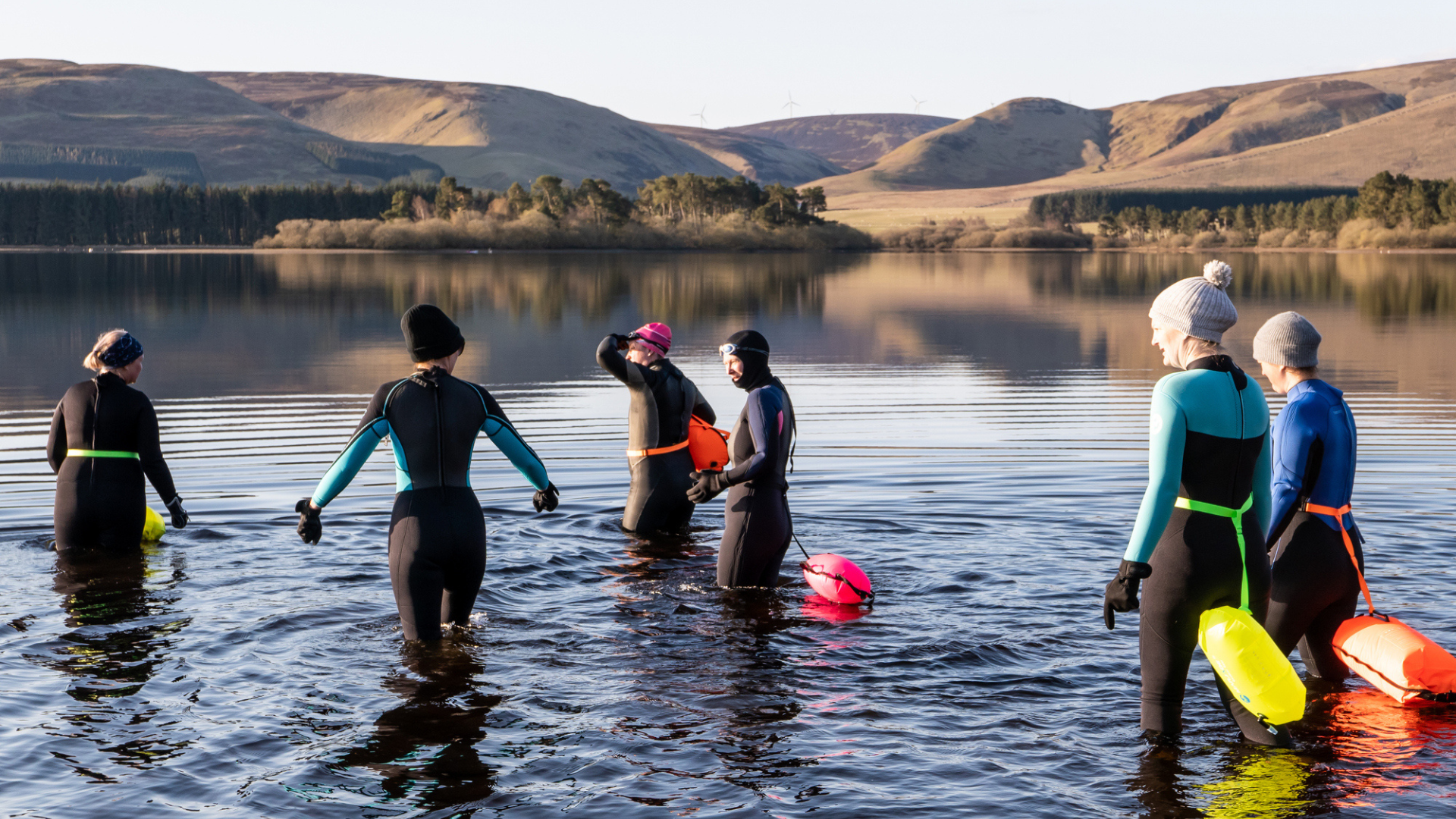Stopped up on the go? How to prevent backpacking constipation
Everything I’ve learned about backpacking constipation along the way, from why it happens to how to prevent it, so you can stay on the go without stopping up
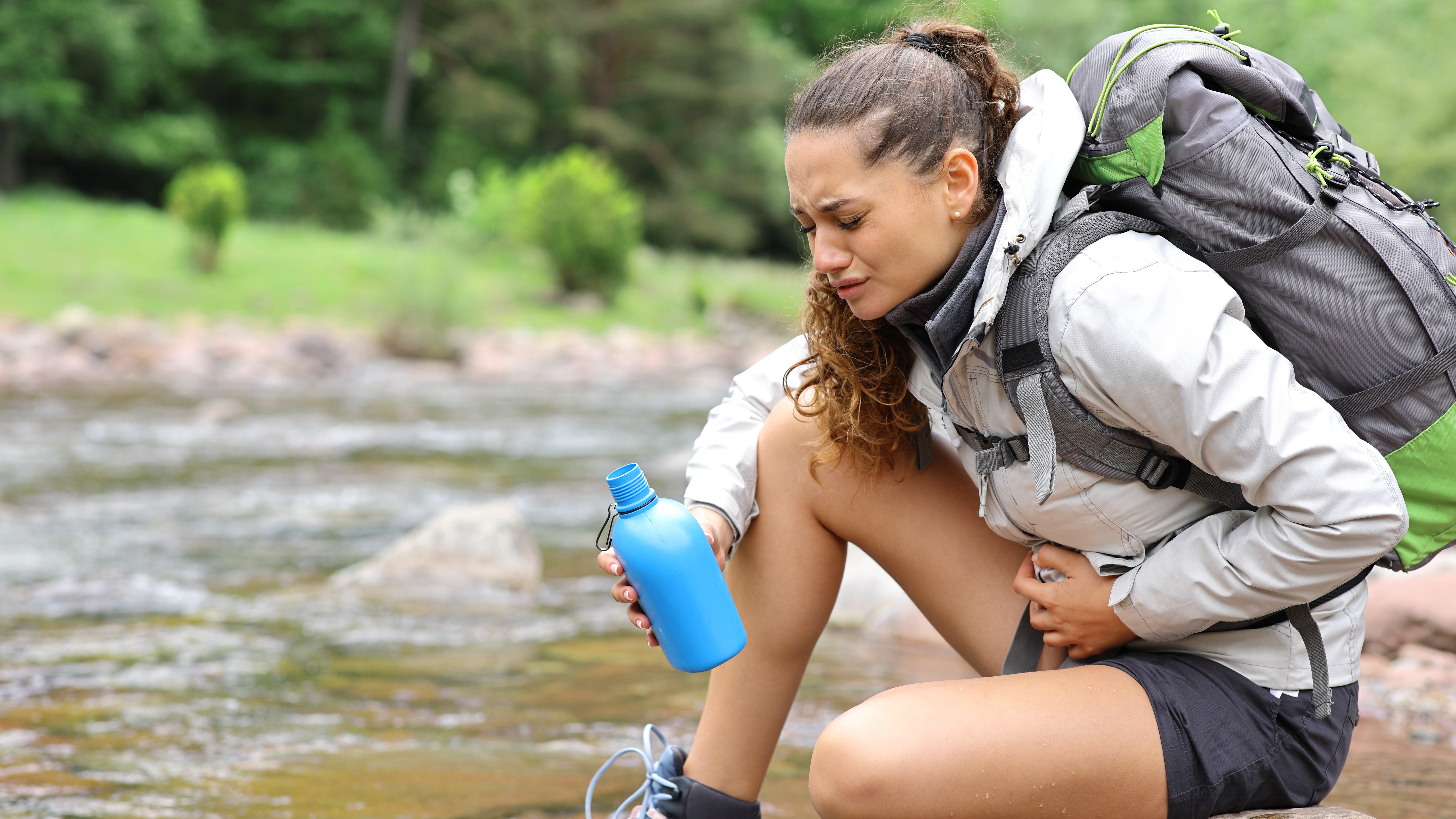
Constipation is unpleasant enough in everyday life, never mind when you’re on a backpacking trip. Squatting behind a bush while other hikers traipse by, worrying about ticks and snakes, all to the tune of absolutely no relief, means another day of hiking with your hip belt pressing against your bloated belly. It’s just downright uncomfortable at best and can become excruciating when chronic. But while constipation is a pretty common part of backpacking, over the years I’ve learned that it isn’t necessarily inevitable.
As an Ayurvedic practitioner, I spend quite a lot of time advising my clients on how to poop regularly, which I consider to be one of the unofficial pillars of health. When you’re dealing with clients at home, it’s easy to get people to eat more fruit and veg, but when it comes to backpackers, it’s a different story altogether. As an avid hiker and backpacker myself, I discovered that I needed to be extra vigilant on the trail and became determined to crack the backpacking constipation puzzle as much for my own comfort as that of my more active clients. This article shares everything I’ve learned about backpacking constipation along the way, from why it happens to how to prevent it, so you can stay on the go without stopping up.
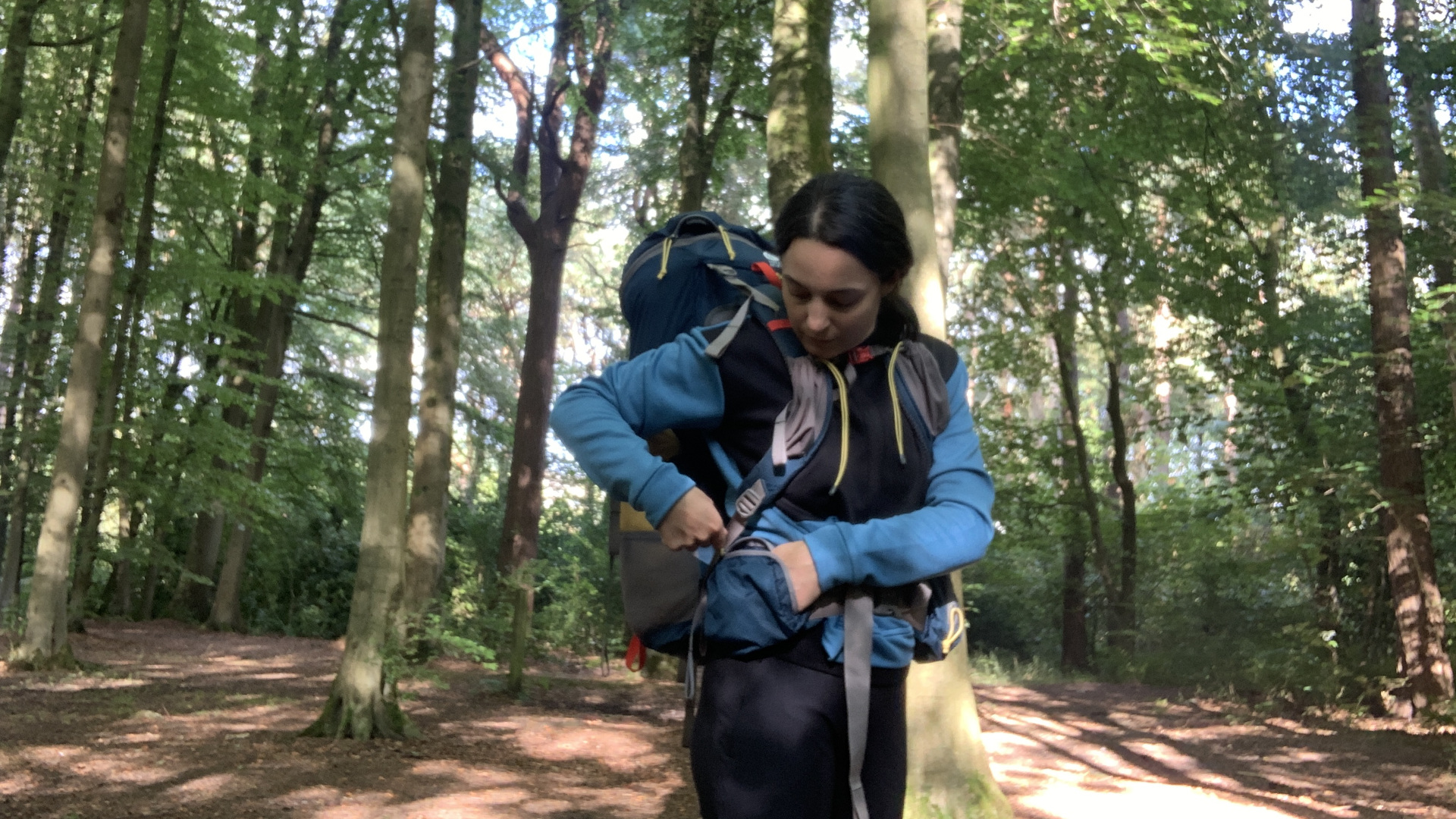
Why do I get constipated when I go backpacking?
Though there are other medical causes of constipation that you would want to consult a doctor about if the condition plagues you off the trail, there are three primary culprits of backpacking constipation: dehydration, diet and stress.
Even though exercise itself is associated with regular bowel movements, when you’re walking long distances carrying a heavy backpack, you’re going to be sweating more and breathing hard, both of which cause your body to lose fluids and electrolytes, which is a risk factor for constipation accordion got the Mayo Clinic. Add to that a water bottle that’s packed inconveniently away in your backpack or a shortage of water sources in the wild and you might not be replacing fluids at the rate you should be.
Then you’ve got the obvious factor of your questionable diet when you’re backpacking. At home, your diet might be packed full of fiber-rich foods such as fruits, nuts, beans and whole grains which are all helping to keep you regular, but chances are that your backpack isn’t stuffed full of kale and berries when you hit the trail. Backpacking food needs to be less than fresh, and we all favor those dehydrated, carb-heavy meals that weigh little and provide lots of calories. These meals are great for replenishing your energy, but if you’re on a multi-day expedition, they may also have the unfortunate consequence of stopping you up.
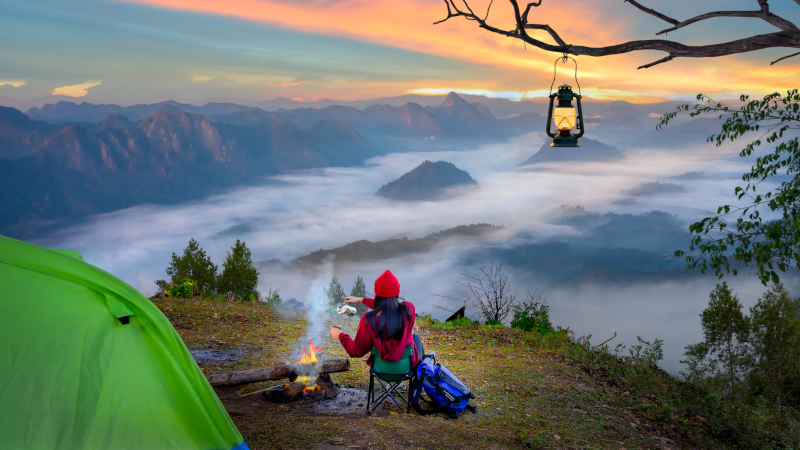
Finally there’s the issue of stress, which is a common cause of constipation according to the Cleveland Clinic. Hopefully, backpacking doesn’t seem at all stressful to you and is instead an enjoyable experience, however the change in routine might stress your system, causing your normal rhythms to go haywire. Some of us are simply more prone to this, and experience constipation as soon as we set foot on any adventure. Then for others, there’s a degree of stress associated with pooping in the woods, from finding a private enough spot to squatting amongst the tick-riddled long grass and the details of digging holes and burying your poop. It can all be a bit overwhelming, really.
All of this is to say, there are lots of common risk factors for constipation that are fairly intrinsic to backpacking, meaning when you’re on the go you might not actually go. If you’re just on the trail for a night or two, this isn’t much of a cause for concern, but for a longer backpacking trip or thru-hike, you’ll want to try to prevent backpackers constipation so you don’t end up with uncomfortable bloating and abdominal cramps and pain.
Advnture Newsletter
All the latest inspiration, tips and guides to help you plan your next Advnture!
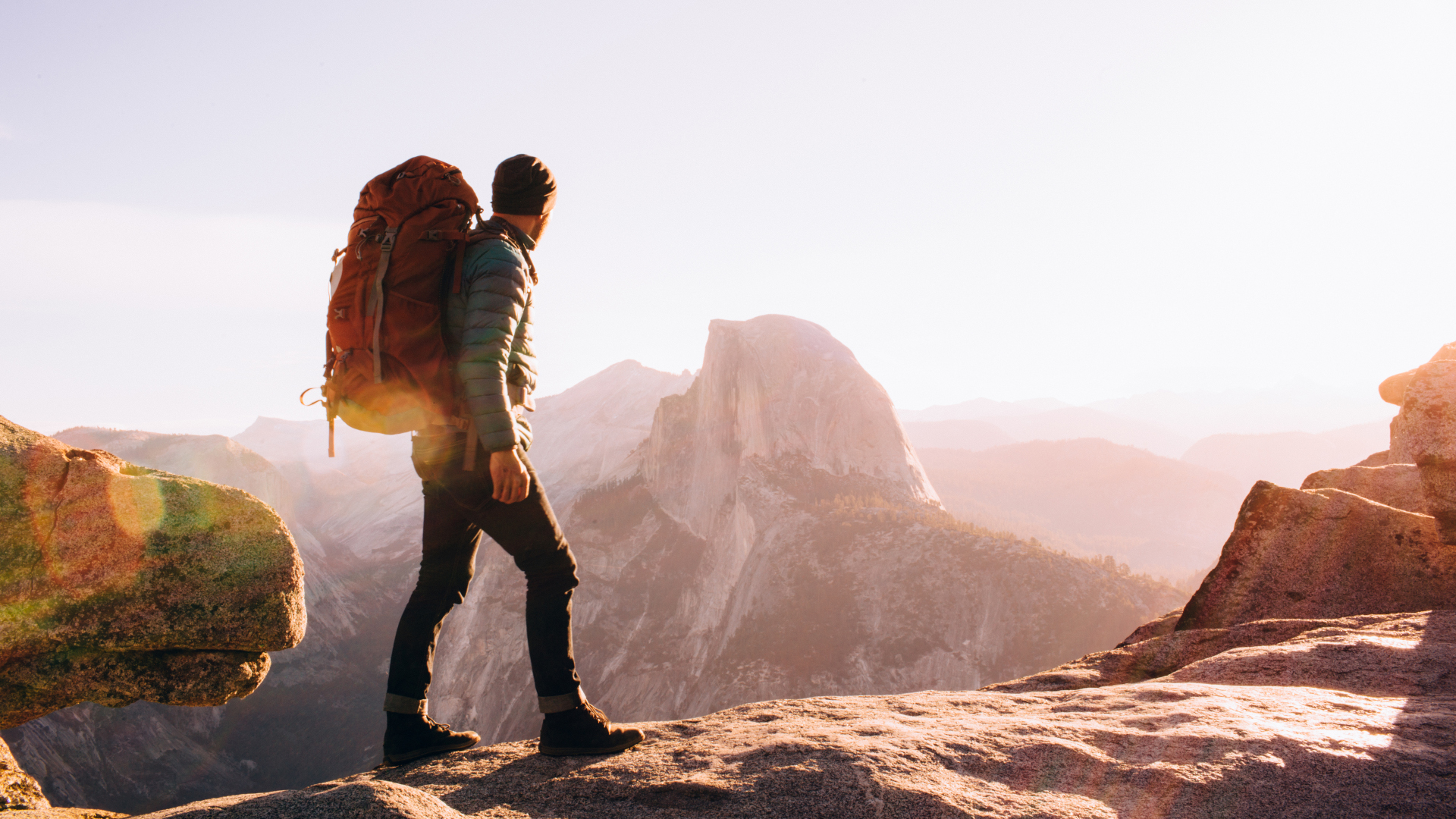
How do you prevent constipation when backpacking?
Once I understood the causes of backpacking constipation, preventing it became a lot easier. I’ve learned through experience that if you can prevent it from setting in in the first place, you’re much more likely to stay regular on the trails. Without further ado, these are my top tips for avoiding backpack constipation.
1. Hydrate, hydrate, hydrate
First, it should be obvious that you need to do everything you can to prevent dehydration. At home, we’re all used to starting the day with a cup of coffee to get things moving, but caffeine itself can be dehydrating, and you might not be carrying your camping coffee maker for practical reasons. I’ve found that simply drinking a cup of warm water first thing can have the same effect, so make sure you get your camping stove going when you first climb out of your tent.
Once you’re walking, you can help yourself out by using a hydration pack instead of a water bottle so that you can sip frequently, and find a really easy-to-use water filter like the Lifestraw Peak Series Collapsible Water Bottle with Filter so that you can refill with clean water regularly without having to take a long break from walking.
It may also be a good idea to bring electrolytes to help replace lost salts. You may not want to use tablets in your hydration pack if you’re not going to be able to clean it for a while, but you can have an electrolyte drink out of your camping mug in the morning and evening, or use electrolyte gummies instead.
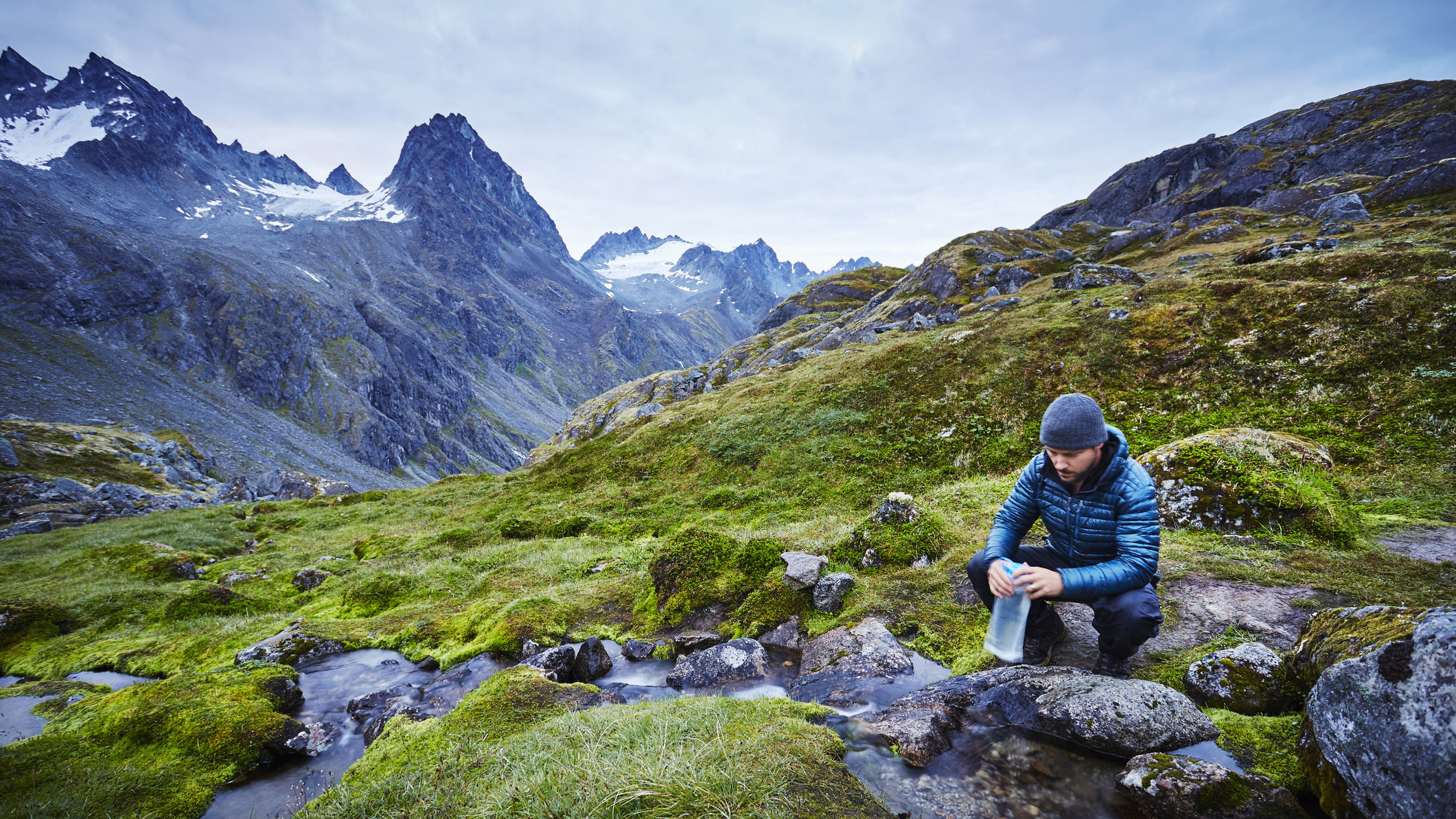
2. Pack some fiber
Naturally, you’ll want to keep your load as light as possible and you need food that doesn’t spoil, so fresh fruit and veggies are out of the question, but there are foods you can reasonably carry that do contain fiber. Pack dried fruits (especially figs, dates and raisins) and nuts to mix into your morning oatmeal as well as to enjoy for snacks. If you’re buying snack bars, opt for those made using dried fruits instead of protein bars or try our editor's recipe for bars made out of chickpeas.
Oatmeal is a great source of fiber so make sure you bring that and don’t go for easier breakfast bar options. You may be able to pack in other whole grains such as rice and barley in your camping meals. For your lunches and dinners, seek backpacking meals that are rich in beans and lentils as well as grains, such as Patagonia Provisions Organic Red Bean Chili which made our list of best freeze-dried camping meals, since these are also great sources of fiber and should keep you regular.
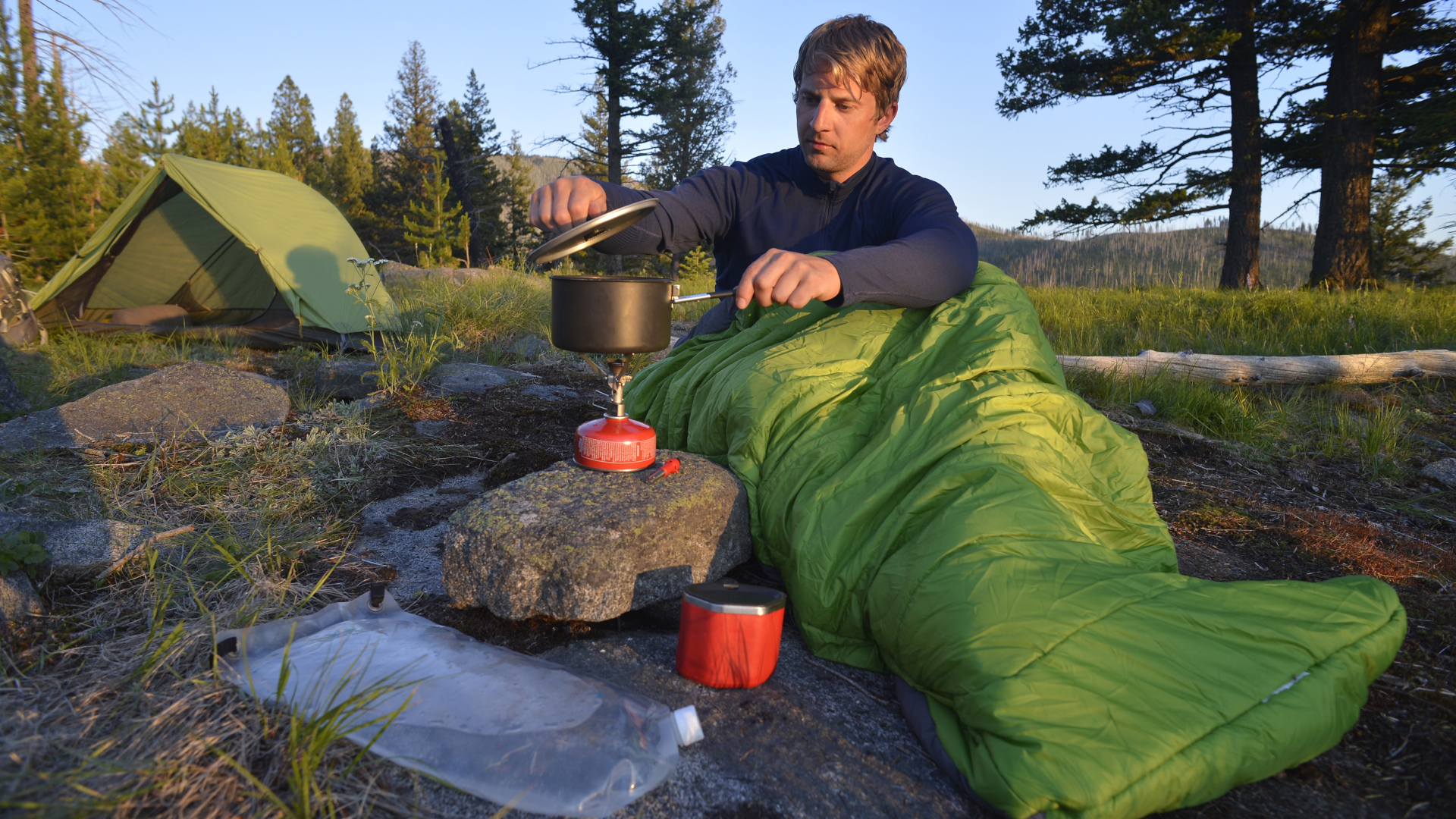
3. Bring reinforcements
If you tend towards constipation generally, or are going on a longer trip, you may want to come out guns blazing and reinforce yourself with some supplements. We’re definitely not talking about laxatives here – that could cause a whole other trail disaster – but there are gentler supplements that can help keep you regular without actual eruptions. My supplement of choice is an Ayurvedic herb called Triphala, which I take two capsules of before climbing into my sleeping bag at night, while I’ve also had success with magnesium. Other backpackers prefer a straightforward fiber supplement. Of course, you should always consult your doctor before taking any supplements.
Julia Clarke is a staff writer for Advnture.com and the author of the book Restorative Yoga for Beginners. She loves to explore mountains on foot, bike, skis and belay and then recover on the the yoga mat. Julia graduated with a degree in journalism in 2004 and spent eight years working as a radio presenter in Kansas City, Vermont, Boston and New York City before discovering the joys of the Rocky Mountains. She then detoured west to Colorado and enjoyed 11 years teaching yoga in Vail before returning to her hometown of Glasgow, Scotland in 2020 to focus on family and writing.

